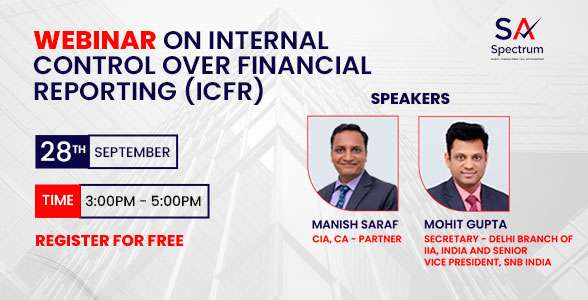These are events, either favorable or unfavorable, that occur between the end of the reporting period, and the date on which the financial statements are authorized for issue. They may occur as a result of information which becomes available after the end of the period, and therefore need to be disclosed in the financial statements.
The key is the point in time at which changes to the financial statements can be made. Once the financial statements have been approved for issue by the board of directors they cannot be altered.
For example, the financial statements are prepared up to 31 December and are approved for issue by the board of directors on 30 April in the following year. Between these two dates, changes resulting from events after 31 December can be disclosed in the financial statements.

The standard distinguishes between two types of events:
Adjusting events
An adjusting event is defined as an event after the reporting period that provides further evidence of conditions that existed at the end of the reporting period. If such an event would materially affect the financial statements, the financial statements should be changed to reflect these conditions.
Examples of adjusting events include:
- The settlement after the end of the reporting period of a court case that confirms that a present obligation existed at the year end
- The determination, after the reporting period of the purchase price or sale price of a non-current asset bought or sold before the year end
- Inventories where the net realizable value falls below the cost price
- Assets where a valuation shows that impairment has occurred
- Trade receivables where a customer has become insolvent
- The discovery of fraud or errors which show the financial statements to be incorrect
Non-adjusting events
A non-adjusting event is defined as an event after the reporting period that is indicative of a condition that arose after the end of the reporting period. No adjustment is made to the financial statements for such events. If material, they are disclosed by way of notes to the financial statements.
Examples of non-adjusting events include:
- Major purchase of assets
- Losses of production capacity caused by fire, floods or strike action by employees
- Announcement or commencement of a major reconstruction of the business
- Changes in tax rates
- Entering into significant commitments or contingent liabilities
- Commencing litigation based on events arising after the reporting period
- Major share transactions
Specific cases
There are three situations in addition to the above that require consideration:
- Dividends declared or proposed after the reporting period are not recognized as a liability at the end of the reporting period. They are non-adjusting events and are shown in a note to the financial statements.
- An entity shall not prepare its financial statements on a going concern basis if management determines after the end of the reporting period either that it intends to liquidate the entity or to cease trading, or that it has no realistic alternative but to do so.
- Entities must disclose the date when the financial statements were authorized for issue and who gave that authorization. If anyone had the power to amend the financial statements after issue then this fact must also be disclosed.

How Spectrum Auditing can help you?
Being a pioneer in the field of auditing, accounting, taxation and advisory services, we ensure we keep track of all the changes that are taking place in the UAE with respect to the changes in laws, rules, regulations and keep our clients informed as well as sharing the same information through our blog section or social media handles regularly. Spectrum Auditing will guide you with the laws and regulations of UAE, be it the Value Added Tax (VAT), Economic Substance Regulations (ESR), Corporate Tax (CT), Transfer Pricing (TP), Ultimate Beneficiary Owner (UBO), Anti Money Laundering (AML), etc after reviewing your business.
Call us today for any kind of assistance at +971 4 2699329 or email [email protected] to get all your queries addressed. Spectrum is your partner in your success.



 contact us
contact us